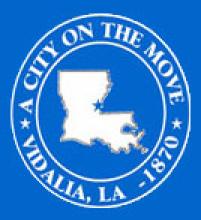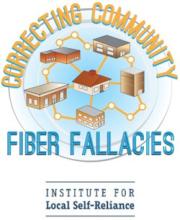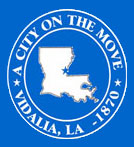Community Broadband Media Roundup - November 30, 2014
This week in community broadband, more communities are adding broadband to the list of essential utilities, and many of them are turning to Chattanooga as a model “gig city.”
As Times Free Press’s Dave Flessner reports, the great thing about Chattanooga's approach is that it’s not just about Internet. In fact, the broadband boom is really an unintended benefit of the city’s cutting edge smart grid, which keeps the city’s lights on and powers the economy as well.
"What we're going to try to do is bring some of the brilliant people from Warner Bros., Fox, Disney and IBM down here to Chattanooga to help them get their heads wrapped around this notion that you've got to stop worrying about scarcity," [Annenberg Innovation Lab director Jonathan] Taplan said.
Last year, T-Bone Burnett, a Grammy Award winner, performed "The Wild Side of Life" from a Los Angeles studio with Chuck Mead, a founder of the band BR549 who was on stage in Chattanooga.
"They sang a song together over 2,000 miles apart," Taplin said. "That's the power of gigabit Internet. I think we're just beginning to think of the possibilities of what this thing can do."
And Android Authority’s William Neilson Jr. explores the desire for faster connections and more choices.
“Isn’t it amazing how much faster broadband speeds are in parts of the country where there are a number of broadband options available to residents? How many times am I going to write an article detailing a broadband provider telling a city that they don’t need “fast” speeds even though the city is universally angry at their lack of broadband options?”
Of course, we see the product of how increased competition brings better service even more clearly in communities that have municipal networks, not just in Google's Kansas City network. It is an outcome that all communities can achieve if they regain the authority to do so.









